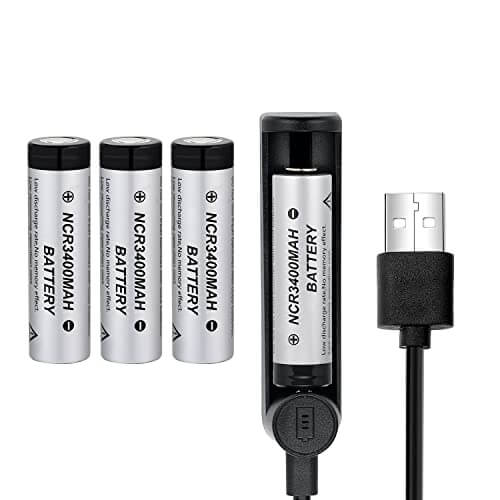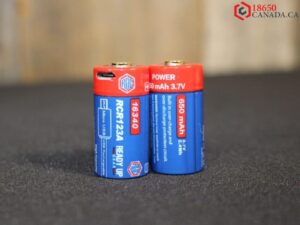18650 batteries are cylindrical lithium-ion batteries that are widely used in various electronic devices such as laptops, flashlights and power tools. They are also becoming more popular in electric vehicles (EVs), especially among some of the leading EV makers such as Tesla, BYD and Panasonic. But what are the reasons for using 18650 batteries in EVs?
Here are some of the main advantages:
• High energy density.
18650 batteries have a high energy density, meaning they can store a lot of energy per unit of weight and volume. This is important for EVs, as it allows them to have a longer range and a lighter weight.
For example, Tesla’s Model S and Model X vehicles use NCA (nickel-cobalt-aluminum) 18650 cells that have an energy density of about 250 Wh/kg. This enables them to achieve a range of over 600 km on a single charge.
• High power output.

18650 batteries can also deliver a high amount of power, meaning they can provide strong acceleration and performance for EVs. This is achieved by using different materials and ratios for the cathode, which is the positive electrode of the battery.
For example, NCM (nickel-cobalt-manganese) 18650 cells have a high nickel content, which gives them a high power output of up to 35 A per cell. This is suitable for EVs that require a high power-to-weight ratio, such as sports cars and motorcycles.
• Low cost and availability.
18650 batteries are relatively cheap and widely available, compared to other types of lithium-ion batteries. This is because they have been mass-produced for many years and have a standardized size and shape. This makes them easy to source and assemble into battery packs for EVs.
For example, Tesla uses thousands of 18650 cells in its battery packs, which are arranged in modules and connected in series and parallel to achieve the desired voltage and capacity. This also allows Tesla to take advantage of economies of scale and reduce the cost per kWh of its battery packs.
• Safety and reliability.
18650 batteries are generally safe and reliable, as long as they are properly managed and protected. They have built-in safety features such as vents and thermal fuses that prevent them from overheating or exploding in case of abuse or damage. They also have a low self-discharge rate, meaning they can retain their charge for a long time when not in use.
Furthermore, they can be monitored and balanced by using battery management systems (BMS) that ensure each cell is operating within its optimal range and prevent overcharging or over-discharging. These are some of the benefits of using 18650 batteries in EVs. However, they are not without drawbacks.
Some of the challenges include:
• Complexity and weight.
Using thousands of 18650 cells in an EV battery pack requires a complex and sophisticated design and assembly process. Each cell has to be individually welded and connected with wires and bus bars, which adds to the weight and cost of the battery pack.
Moreover, each cell has to be carefully matched and sorted according to its capacity, voltage, and internal resistance, to ensure a balanced and efficient performance of the battery pack.
• Limited capacity and lifespan.
Despite their high energy density, 18650 batteries still have a limited capacity compared to other types of lithium-ion batteries. For example, LFP (lithium-iron-phosphate) batteries have a lower energy density but a higher capacity than NCM or NCA batteries. This means they can store more energy per cell and last longer before needing replacement.
Additionally, 18650 batteries tend to degrade faster than other types of lithium-ion batteries due to their high power output and operating temperature. This reduces their cycle life and capacity over time. These are some of the challenges of using 18650 batteries in EVs.
However, they can be overcome by using different types of 18650 cells that suit different applications and by improving the technology and manufacturing process of the battery packs. In conclusion, 18650 batteries are a viable option for EVs, as they offer many advantages such as high energy density, high power output, and low cost.

